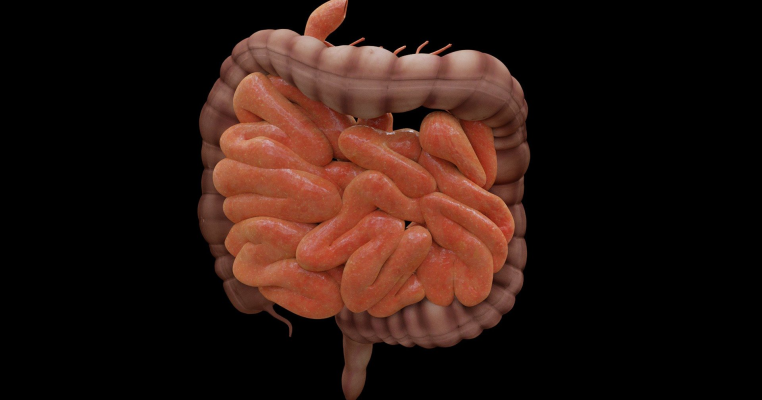 There is some fresh research validating the efficacy of Herbal Medicine for digestive health. Though the researchers talk about Japanese herbal medicines the herbs used in the research are widely used in Western Herbal Medicine for a long time now and i use them on a daily basis in my clinic
There is some fresh research validating the efficacy of Herbal Medicine for digestive health. Though the researchers talk about Japanese herbal medicines the herbs used in the research are widely used in Western Herbal Medicine for a long time now and i use them on a daily basis in my clinic
Millions of people suffer from gastrointestinal (GI) motility disorders and they often try a host of over-the-counter and prescription drugs to find relief from symptoms ranging from stomach pain to flatulence and heartburn. But what happens when the drugs don't work or they produce worrisome and even intolerable side effects? A study just published in the journal Neurogastroenterology and Motility says there's a solution -- herbal medicine.
Researchers analyzed data on Japanese herbal therapies and found them to be effective in relieving the symptoms of many GI disorders including not only common constipation but postoperative ileus and functional dyspepsia. Postoperative ileus is a physiologic response after abdominal surgery. Thought to be caused by a release of inhibitory neurotransmitters in the gut, it results in inflammation, edema and difficulty in having a bowel movement. Functional dyspepsia can cause a host of symptoms -- including belching, abdominal pain, nausea, vomiting, heartburn and bloating -- although no specific cause can be identified.
"Japanese herbal medicines have been used in East Asia for thousands of years," said lead researcher Hidekazu Suzuki, Associate Professor at the Keio University School of Medicine, in a statement to the media. "Our review of the world medical literature reveals that herbal medicines serve a valuable role in the management of patients with functional gastrointestinal disorders."
The scientists investigated studies of the effectiveness of several different Japanese herbal medicines including the use of Rikkunshi-to, Dai-Kenchu-to, and other herbal combinations. Rikkunshi-to, which is prepared from eight herbs, was found to reduce the discomfort caused by functional dyspepsia. Dai-Kenchu-to, a combination of ginseng, ginger, and zanthoxylum fruit, relieved constipation in children and in adults suffering from post-operative ileus. Another herbal medicine, Hangeshashin-to, was found to help calm the severity and frequency of diarrhea caused by cancer treatments, too.
The researchers explained that herbal preparations in Japan are manufactured according to standards that measure the quality and quantity of ingredients. They have called on more rigorous studies of the health benefits of these standardized formulations, especially by researchers in the West. "There is a mandate to provide accurate data regarding the effectiveness of non-traditional therapy, not only to our patients but also to healthcare providers who face the dilemma of recommending or opposing management strategies that incorporate herbal medicine," Suzuki stated in the press release.
SOURCE: Wiley-Blackwell, news release, March 24, 2009




 Follow me on facebook
Follow me on facebook